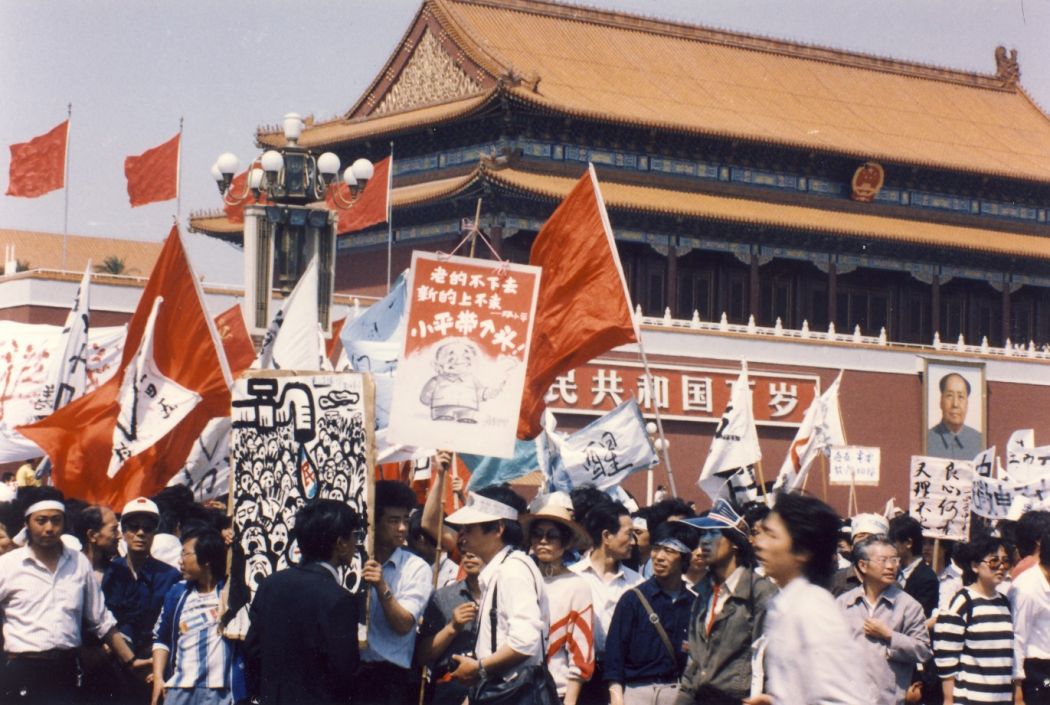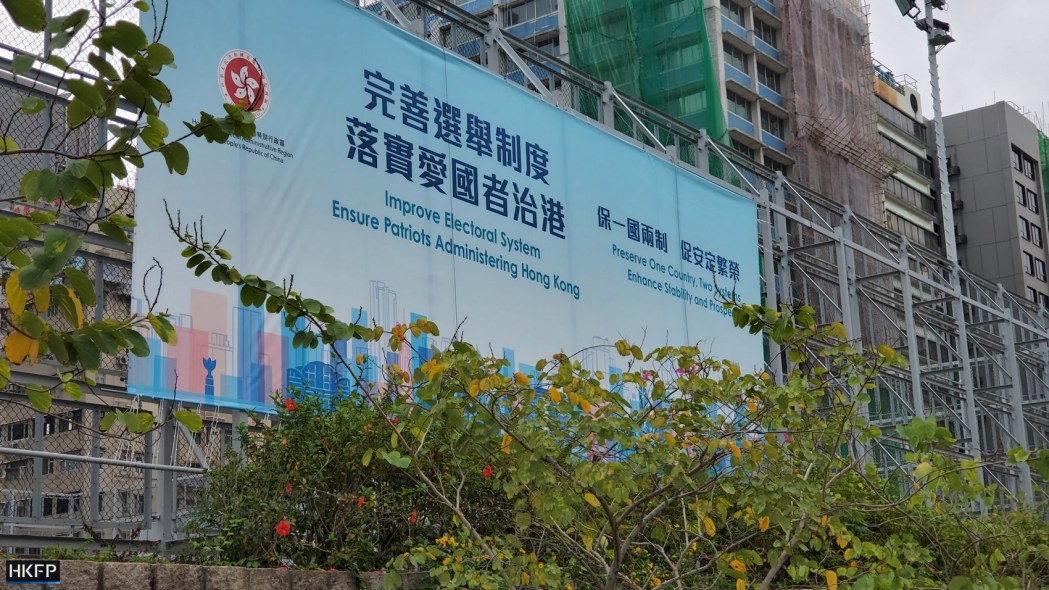Authoritarian governments have always had a problem with remembering the dead. They are determined to keep control over history’s narrative and the deceased have a habit of disrupting their version of events.
Thus the annual June 4 commemoration of the 1989 Tiananmen massacre is a problem for the Chinese Communist Party. This year, as last, the commemoration was banned. The excuse of Covid-precautions is an insult to the intelligence and will be seen for what it is as the ban continues long after the virus has been put to bed.


The rulers in Beijing have not forgotten that the 1989 Tiananmen Square protests were themselves triggered by the commemoration of a death, that of Hu Yaobang, the Communist Party’s more open minded secretary general. After the protests were brutally crushed, leaving the streets of Beijing sprinkled with bodies, remembering those who died was officially forbidden.
Degrees of liberty
Yet in Hong Kong people gathered each year in their hundreds of thousands to pay respect and to show not only that the martyrs of 1989 would not be forgotten but that, despite the vicissitudes of the transfer of power, the people of the SAR retained a precious degree of liberty.
Moreover they displayed their considerable attachment to the Motherland and its people but this display of patriotism was deemed to be offensive both by China’s rulers and, let it not be forgotten, by a large swathe of younger Hongkongers who saw their identity as being vested only in Hong Kong itself and could not see the point of harping on about events on the Mainland.

The events of 2019 were decisive in changing attitudes. As Beijing imposed a tighter grip on Hong Kong, many of those who shunned the commemoration rally turned up for the first time, realising that the fate of Hong Kong cannot possibly be detached from that of the Mainland. An attitude mirrored, albeit through a different prism in Beijing where it was felt that too much had been tolerated in Hong Kong and that the insistence of identification with the Mainland could be a double-edged sword if identification was not to be with the ruling Communist Party.
Deeply committed
Yet it is not for nothing that the organisers of the June 4 commemoration call themselves the Hong Kong Alliance in Support of Patriotic Democratic Movements of China. The founders of this group, such as the late Szeto Wah and Lee Cheuk Yan, were deeply committed patriots with a profound knowledge of China. Lee now languishes in jail, accused of subversion and is dismissed as an anti-patriot.
The Communist Party brushes aside all expressions of love for the nation which do not accord with their version of patriotism. Indeed anyone who is not prepared to toe the party line is left by the wayside in the scramble to prove adherence to a form of patriotism that basically consists of anything that the Communist Party deems to be acceptable.
As ever the definition of patriotism is problematic. Indeed as the Party is poised to celebrate its 100th anniversary next month it is instructive to look back over how the concept of patriotism in China has changed.

At the end the Qing dynasty patriots defined themselves as opponents of the regime. Under Sun Yat Sen, the definition was broadened to embrace civic values. However in the period following World War 1 Chinese patriots increasingly defined themselves by what they were against: foreign invaders and threats to the unity of the nation.
The Communist Party, while spouting the internationalist theory of Marxism was, from the beginning, an enthusiastic promoter of nationalist propaganda. Its main backer during the revolutionary period, the Soviet Union, also talked big about internationalism while practising Greater Russian nationalism, often at the expense of allies such as the Chinese Communists.
Highly convoluted
Once in power the Communist Party insisted that patriots were largely confined to workers and peasants, while allowing that there was such a thing as patriotic businessmen. Marxist rhetoric became highly convoluted as it was argued that patriotism was to be equated with ‘serving the people’, which, in reality only meant serving the interests of the party.
The party was also waging a relentless struggle against separatism which effectively turned its version of patriotism into an insistence on Han supremacy.
Nowadays the Party has junked all references to class struggle as being the hallmark of a patriot, leaving little more than extreme nationalistic rhetoric with strong overtones of xenophobia.

So, when the Hong Kong Quislings cluck around spouting the word ‘patriot’ and insist that patriotism is the only entry ticket available for participation in civic affairs, they are in effect, proclaiming that Hongkongers can only be considered to be true patriots within this narrow definition.
That’s why an empty Victoria Park was under heavy police guard on June 4 and will remain empty in coming years. But what the guardians of the new faith have to ask themselves is: has a combination of threats and bluster changed people’s hearts and minds?
Instead of boosting love of the nation by acknowledging that it can be manifest in various forms, the Party and its apologists seem intent on making patriotism as unattractive as possible. They are squandering goodwill and forcing people to reconsider their relationship with the nation as a whole. If the measure of success is silence, a sullen silence shrouded in fear, they have much to celebrate.
Support HKFP | Policies & Ethics | Error/typo? | Contact Us | Newsletter | Transparency & Annual Report | Apps
| HKFP is an impartial platform & does not necessarily share the views of opinion writers or advertisers. HKFP presents a diversity of views & regularly invites figures across the political spectrum to write for us. Press freedom is guaranteed under the Basic Law, security law, Bill of Rights and Chinese constitution. Opinion pieces aim to point out errors or defects in the government, law or policies, or aim to suggest ideas or alterations via legal means without an intention of hatred, discontent or hostility against the authorities or other communities. |
Help safeguard press freedom & keep HKFP free for all readers by supporting our team

More HKFP OPINION:
HKFP has an impartial stance, transparent funding, and balanced coverage guided by an Ethics Code and Corrections Policy.
Support press freedom & help us surpass 1,000 monthly Patrons: 100% independent, governed by an ethics code & not-for-profit.











